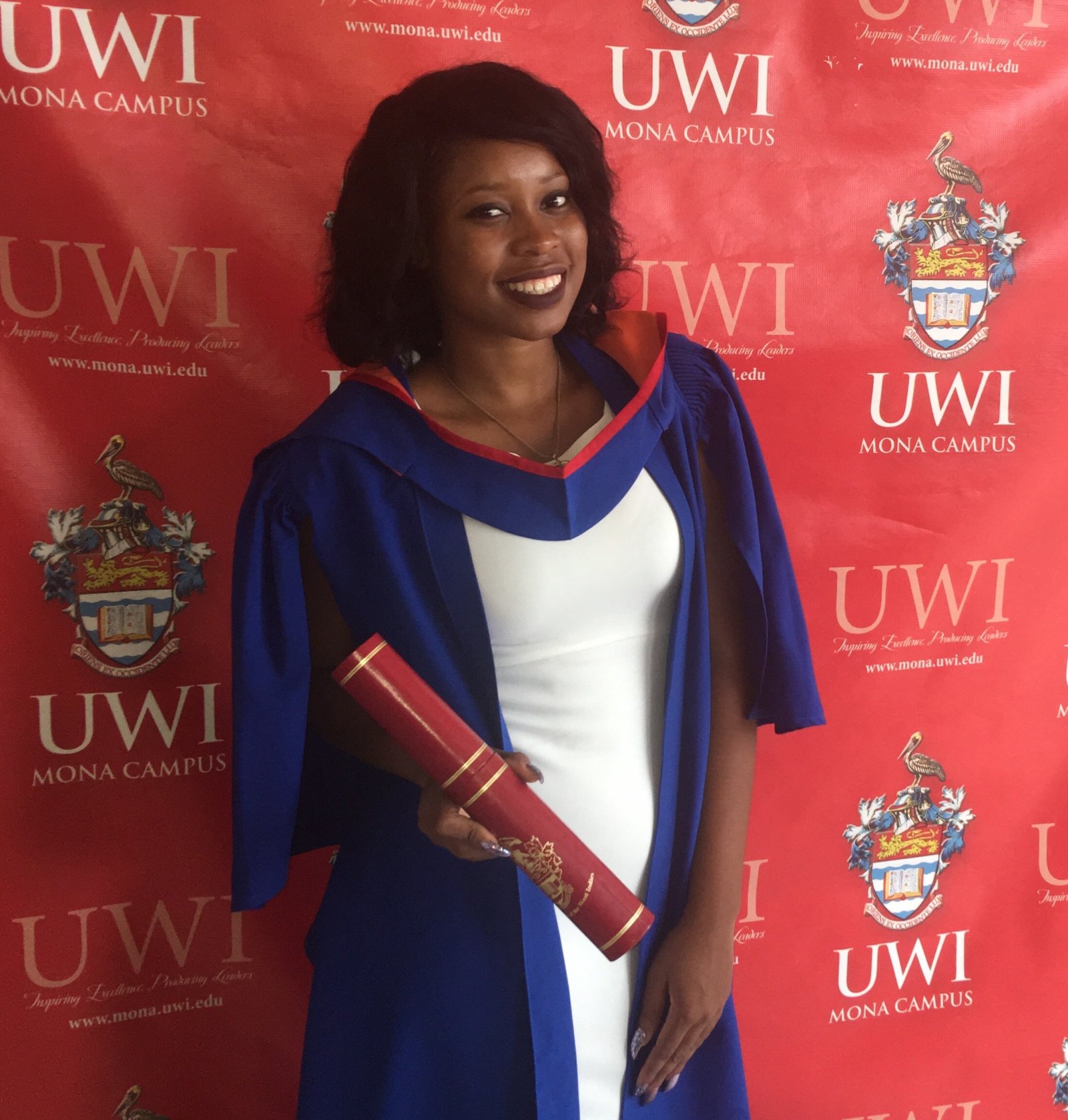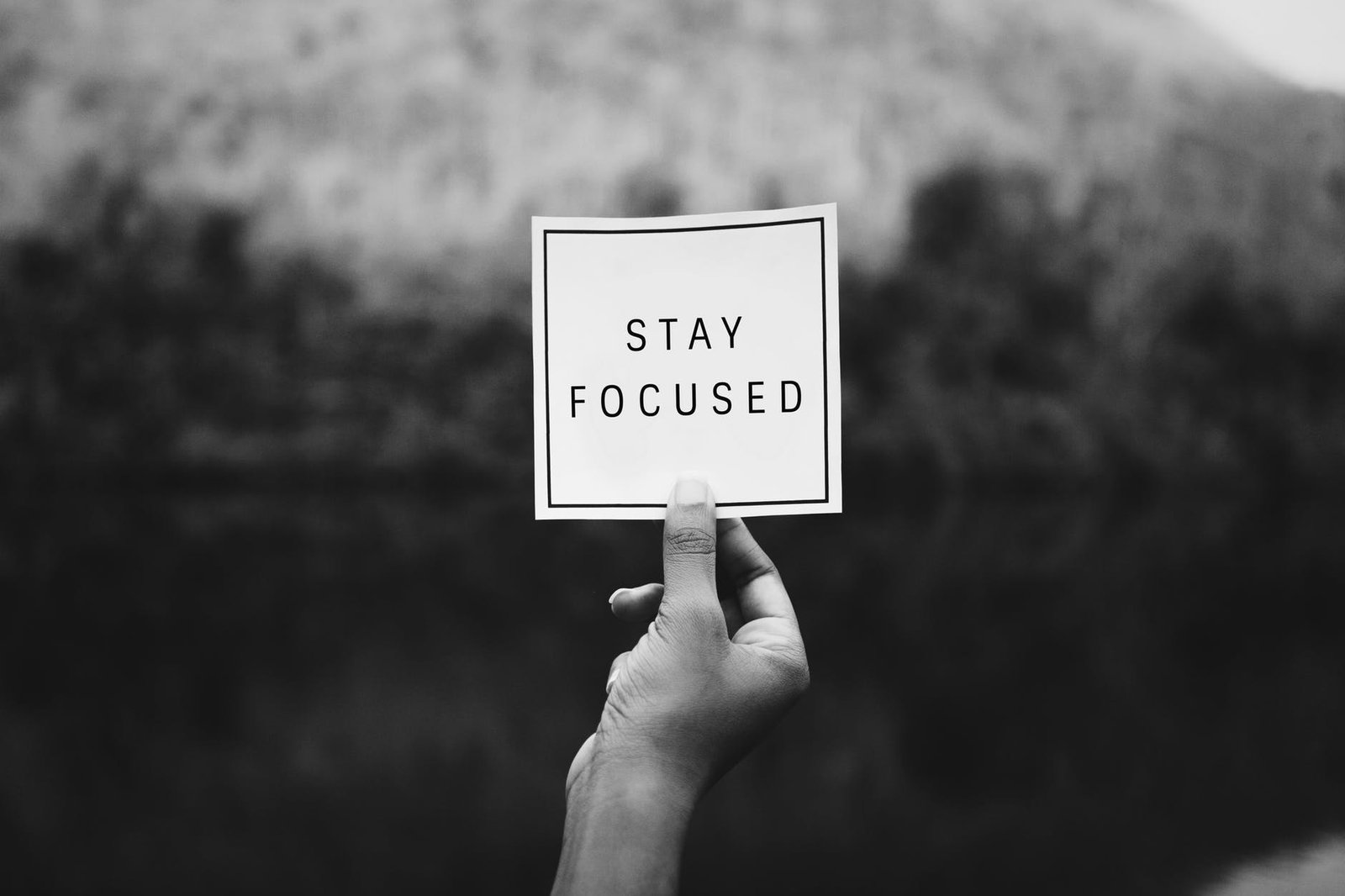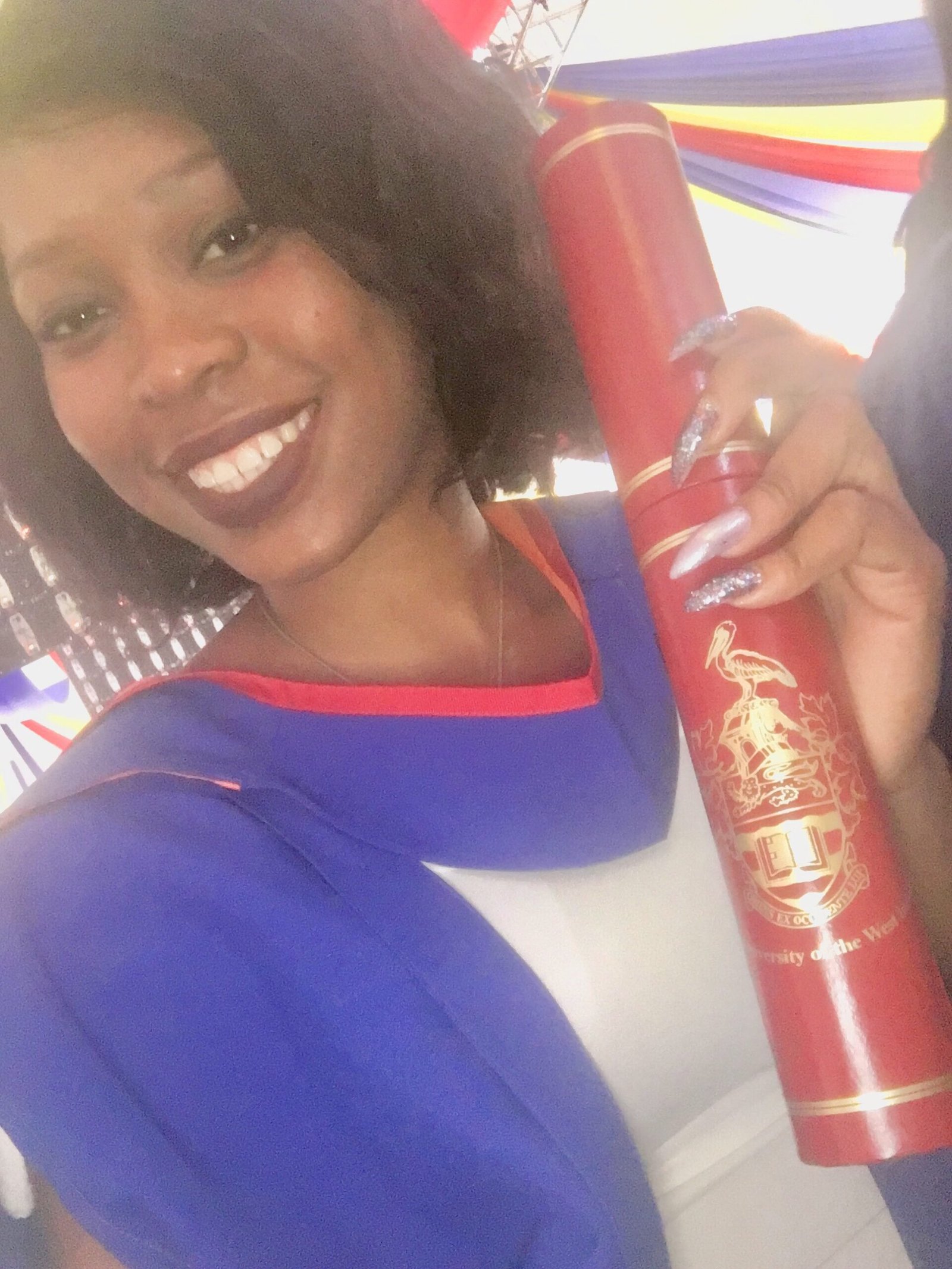For some people, learning comes naturally. No extra input is needed for them to achieve high grades. But, for others like myself, achieving high grades is a process. One that has many steps. Over the years I have added strategies and modified them but the basis has remained the same. I never considered my self a high achiever but to many people, I come off that way. O Well.
My BACKSTORY (Feel free to skip over it)
Ever since Preschool, I’ve been at the top of my classes. My big academic achievements started in Highschool where I was awarded Top Student (School Ranking) and Top CSEC Student. This also allowed me to receive 2 external awards from company’s in my home country. Fast Foward to college, after serious hard work in my last two semesters, I managed to graduate with my Associates Degree (Honours).
Continuing on that same stretch I vowed to graduate with First Class Honours from my BSc Program. Little did I know that University was a whole different ball game. After My first semester at The UWI, my GPA was 3.38. After crying for a few days, (I’m a CRYBABY) I decided that the past is the past and I needed to work harder to improve in the future. So, I placed a method to my madness and began working. After employing the following strategies, I gained a 3.86 in my second semester which gave me a 3.62 overall for my first year.

Do not be discouraged!
To my surprise, I made the list for The faculty of Social Science Honours Society after being told by friends that I would never get in because people normally have 3.8 GPA and higher.
Now, I like to give myself credit where credit is due. I made it and that’s that. I don’t care what he/she or the other has and you shouldn’t either.
YOU HAVE WHAT YOU HAVE. YOU WORKED HARD AND YOU DESERVE IT!
Following that, I graduated with BSC Psychology with minors Criminology and Accounting (First Class Honours). I then moved into an MSc program and it is my hope that I can graduate with a distinction ( I am half way there; all is need is an A on this thesis that keeps frustrating me lol)
My Method: 7 Effective Study Tips

Actual Studying
1. Study/Nap Duo
To my friends, this must have seemed like madness. Basically, I study for a few hours (taking short breaks in between) then sleep for 20-30 minutes.
Maintaining your attention span is by far the most important element in studying. Taking a nap is like restarting your brain. It helps you to feel alert and gives you a quick boost of energy. Taking a nap will also enhance your brains’ ability to absorb information as it boosts your long and short-term memory. This means that a power nap is a very important memory technique for studying.
The best way to do it is to:
- Study in 2-3 hour intervals with 10-20 min naps in between.
-
- Ensure that you nap sitting up. This will prevent you from falling into deep sleep. Deep sleep is bad, you do not want to sleep.
- Take little 1 minute breaks after 20-30 min of studying. Do not get carried away scrolling through Instagram. For me, I usually post a snap chat video and my snap fam can attest to this.
2. Music (Headphones or Speakers)
Music is life, in fact, I am listening to music as I write.
Studying without music for me is a NO NO. Music helps you to relax and therefore improves your mood and motivation. However, I never study to popular songs that I can’t help but sing along to. Singing along is not good, you focus more on the song than the material.
For me, I study while listening to classical music (I listen to this 70% of the time), afrobeat, and old-time reggae. I will link to some of my favorite youtube tracks: The Best of Bach, The Best of Mozart, Naija Afrobeat, Tanya Stephens Gangsta Blues
I also try not to use earphones. I do this because with earphones it is very hard to tone out song lyrics. Background music is the best. Now the research around music and studying is mixed so feel free to read more.
3. Do practice questions!
Doing practice questions takes up 60% of studying for me. Reading is important but applying what you’ve read is even more important. Get past papers from your universities library or online portal and practice, practice practice. Also for Psychology students, you can get lots of past paper question online.
Story: Once I googled Developmental Psychology MCQ questions and I practiced maybe 80 questions. To my shock and joy, I went on my exam and I saw 80% of the questions that I found online so naturally, I got an A on that exam.
For statistics and math-based exams. Past papers are key, I mean all they do is change up a few numbers and words. Learn the formula then apply the formula.
Study smart
4. Use Cue Cards
This is a simple and easy way to Organize Notes beforehand. Cue cards should have the main points that will help serve as a trigger for you to remember the rest of the material. Another reason why this is a great memorization technique for students is that cue cards require writing. Writing is a great way to aid memory. Typing is often mindless processing but writing will engage more senses thus you understand better.
Cue cards also:
- help you to cover all of the material. I never do selective studying unless I am100% certain of the exam topics and format. Even in this case, I study extra topics.
- help you to teach yourself the material. If you want the best results, after writing your cue cards have a teaching session with yourself. Read them out loud and explain to yourself what you just read. (This didn’t really annoy my roommate too much because we had similar practices- Hence we both did extremely well in our respective programs)

Lifestyle
5. Healthy Diet
This cannot be stressed enough on this blog. It is so important to watch what you eat around exam time. I mean getting fast food is probably a must for most of you because no one wants to cook when there is studying to be done.
The best you can do is add healthy snacks that will aid in motivation and memory.
Another great thing to add to your diet is supplements. After semester 1, my Aunt in Jamaica gave me a natural supplement called ginkgo biloba. I took this almost every day in undergrad and I would say that it made somewhat of a difference. Give it a try and let me know if it works.
6. Full Nights Rest
Just as naps aid you in studying so does getting a full nights rest. Sleep is my best friend. Especially, the night before an exam. While people are up cramming for an exam the next day, I am in bed curled up and sleeping. I always get a full 8 hours before an exam.
Sleeping is how your brain consolidates information. during REM sleep, the brain solidifies what was inputted during the day and somewhat clears out (put to the back of your mind) old information that may not be needed at the moment.
Also staying up all night just doesn’t work in my opinion. Countless times I’ve seen people oversleep and miss the exam, fall asleep during the exam or just can’t concentrate or remember what was crammed. But if it works for you..then HEY! Do You Boo.
7. Self-Celebrate Small Accomplishments
Lastly, you must celebrate small accomplishments. Each exam is an accomplishment and a step closer to your goals.
I always take the rest of the day or night off after an exam. This helps to put the completed exam in the back of your mind and focus on the one to come.
During my day/evening off I tend to catch up on shows, watch a movie or just sit and chat with friends.
Conclusion
whew! You made it! I hope it wasn’t too long and I hope you find these tips helpful. All the best in your finals.
I know you will do great!
You got this!
Ps: drop any tips that I may have missed in the comments below.
Like, share and subscribe. Until next Time





I love this. Really good tips.
♡♡♡♡♡♡♡♡
Thanks for reading, I’m glad you find them to be good tips. ☺️
thank you for the tips.